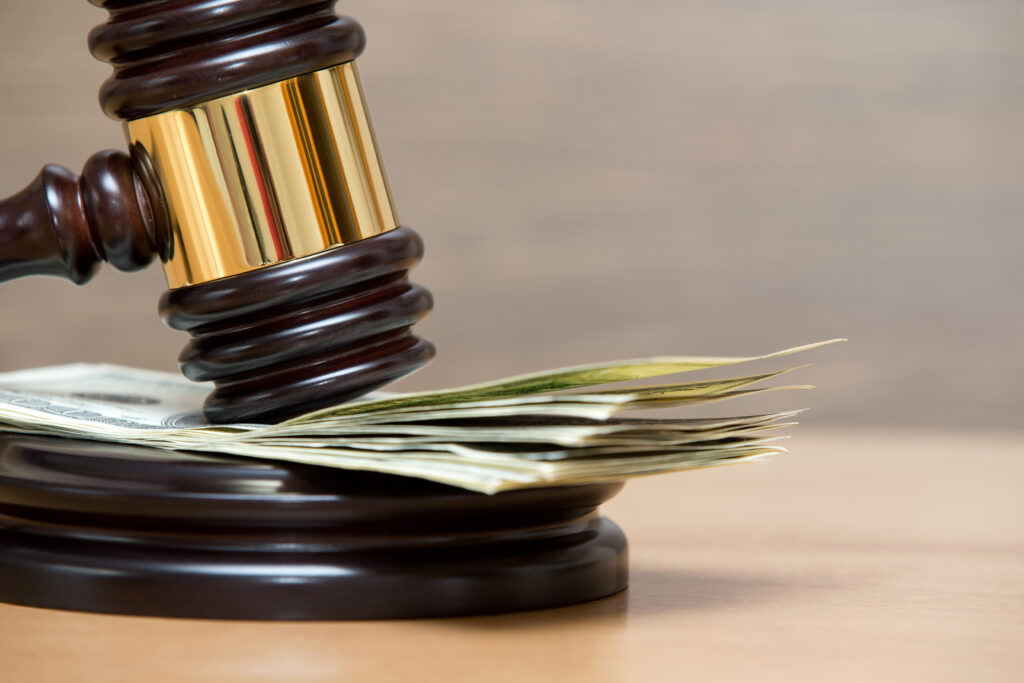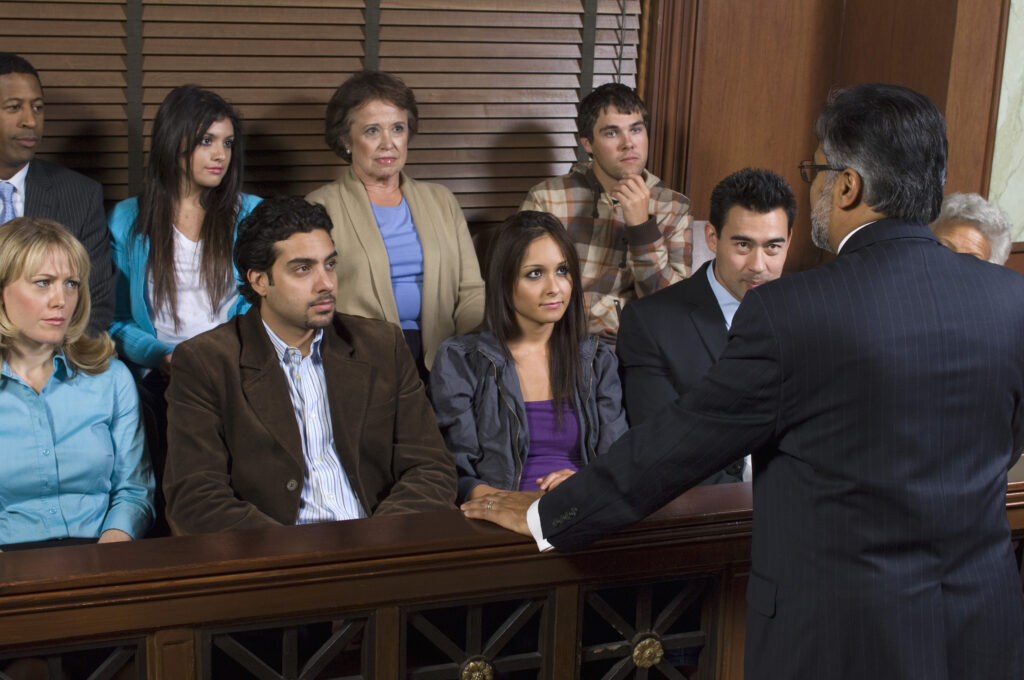WASHINGTON, DC — U.S. Chamber Institute for Legal Reform President Lisa A. Rickard released the following statement on the recent order by U.S. District Court Judge James T. Giles designed to “facilitate the expeditious movement” of pending asbestos cases on his multidistrict litigation docket in Philadelphia.
“Judge Giles should be applauded for his new order aimed at getting to the bottom of about 95,000 federal asbestos claims, some dating back 16 years, which are part of multidistrict litigation in Philadelphia. An estimated 90 percent of those claims are filed by patients who are non-malignant.
“Judge Giles put the plaintiffs’ attorneys on notice that mass screenings lack reliability and accountability and he will hold hearings to determine which asbestos screenings meet acceptable medical standards.
“He’s also forcing the plaintiffs to supply identifying information like their date of birth and partial social security numbers as well as medical diagnosing reports. These are elementary requirements that should have been demanded years ago and will help to weed out “double-dippers” – those seeking to recover multiple times over.
“It is apparent that the more Judge Giles learns about the tens of thousands of dubious asbestos cases in his court, the more determined he is to weed out the bad cases and bring justice to the meritorious ones. Those truly injured by exposure to asbestos have been denied their Constitutional right to access the courts due to the hoards of manufactured claims clogging them. Those bogus claims have also helped to bankrupt companies, harming both shareholders and the tens of thousands of employees who have lost their jobs.”
The mission of the Institute for Legal Reform is to make America’s legal system simpler, fairer, and faster for everyone. It seeks to promote civil justice reform through legislative, political, judicial, and educational activities at the national, state, and local levels. The U.S. Chamber of Commerce is the world’s largest business federation, representing more than 3 million businesses and organizations of every size, sector, and region.



